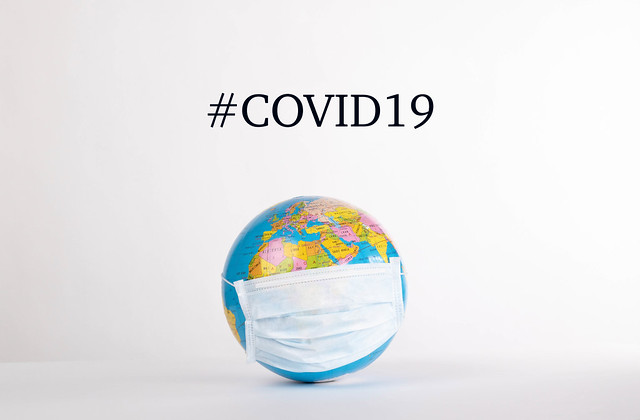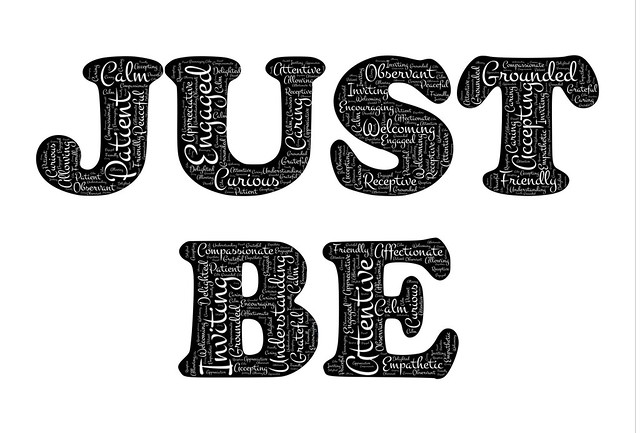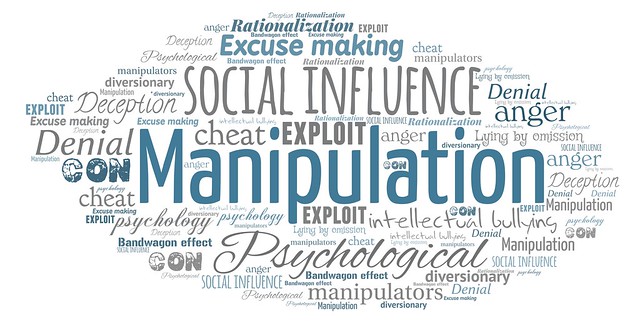blog: news and opinion
Coaching through COVID
31st May 2020Coaching through COVID is a pro bono coaching programme which offers a listening ear by psychologically-minded coaches to any NHS or care worker during and beyond COVID-19
Read more »A high-performing team through COVID-19
30th April 2020While it’s still early days, this programme is without question delivering value at a time of considerable stress, anxiety and exhaustion for NHS staff dealing with COVID-19. High-quality coaches at an advanced stage of coaching maturity are supported by teams of wellbeing and trauma specialists, and the core team shares a clear purpose, to which all team members are passionately committed. We are privileged to experience humble and inspiring leadership from Mark McMordie, constantly with an eye both on the present and the future, and with a focus on both the big picture (a systemic, creative and far-reaching view) and the operational detail to implement it, and attention paid to team members’ wellbeing and self-care so that we can sustain ourselves as well as the programme. This is distributed leadership in action, with all team members feeling free and trusted to take initiative, and all working with agility and flexibility. The outcomes of the team ethos are showing in coachees' positive feedback.
Read more »Pro bono NHS coaching for COVID-19
31st March 2020In COVID-19, NHS medical staff are facing an encounter with an illness whose scale and rate of transmission is nothing like anything they’ve ever encountered before. They are frightened, stressed, anxious, exhausted from working long shifts in a new, uncertain yet threatening context, and in some cases, they're traumatised. The pro bono coaching programme COVID-19 Rapid Response Coaching (C19RR), set up in mid-March, is a professional, high-quality coaching programme, supported by supervision, trauma specialists, counsellors and therapists, and is being rolled out at speed. It has started with a pilot at a large London teaching hospital, and demand is growing exponentially.
Read more »Never enough time
28th February 2020The underpinnings of clients' 'too little time' often turn out to be something from a completely different source, such as patterns related to taking responsibility, unclear priorities or unclear purpose, being distracted by the short-term rewards of 'helping', or aiming for perfection. The costs of striving to fit an unrealistic amount of work into too little time can include stress and exhaustion without ever feeling you've got anywhere. So struggles with time are often actually struggles with embedded patterns of thinking, behaviour and loyalties. Gaining insight into those patterns and so giving oneself more choice is the key - and fundamental to that is taking time for honest and courageous reflection, either alone or with a skilled coach.
Read more »Seeking momentum
31st January 2020For momentum to build and sustain, whether for growth, cutting costs or increasing profit or benefit, organisations need their people to be aligned in their purpose and focus, and they need their leaders to inspire them and keep them on track. Momentum seems to me not be a linear process, but rather a complex process – and leaders sometimes forget to what extent the pace and the momentum inevitably create disruption and turbulence, both of which inhibit the momentum. The effort to achieve momentum may be experienced as turbulence for some time before there’s any sense of things settling into a pattern, and particularly any sense of wellbeing with and within that pattern. People struggle to build momentum while things feel turbulent or unstable: momentum and turbulence are uneasy companions. Leaders need to anticipate this process as part of their planning for the momentum they want.
Read more »Presence and gravitas
31st December 2019Leadership is at least as much about being as about doing - so a leader’s presence and gravitas help resource them to motivate and inspire others. Personal presence is most obviously about authenticity, integrity, non-judgmental awareness of, and openness to, all aspects of one’s environment (internal and external), and acceptance and self-acceptance. Gravitas results in impact and influence through the power of communication and the impact of relationships. It conveys a sense of authority, substance and weight, but also includes humanity and humour. Contributing factors to gravitas are presence, behaviour and expertise – and they are all necessary conditions. In other words, gravitas combines being with doing and communicating.
Read more »Keeping quiet and carrying on - or finding your voice
29th November 2019When most of us see or hear - or indeed experience - behaviour by our leaders at work that lacks integrity, justice or humanity, our usual response is to keep our heads down and carry on, fearing the penalties if we speak up. When we have an emotional reaction to what we've witnesed, as long as we don’t act, both the injustice and our own lack of action may continue to rankle. So we get caught in a double bind: it’s too dangerous to speak out, and it’s too uncomfortable not to speak out. Speaking up can require significant courage. As an executive coach, I’m privileged to be able to provide a safe space in which leaders engage with the risky process of finding their voices, articulating their own truths, becoming more of who they are – and in the process becoming more effective and compelling leaders, invariably with greater integrity and humanity.
Read more »Saying goodbye to the glitter
15th November 2019My article 'Saying goodbye to the glitter' has been published in the November 2019 issue of Coaching at Work. When a very high achiever is obliged, or has chosen, to move on from the peak of their career, the experience can be akin to a bereavement. They can experience their sense of identity, their sense of belonging, their sense of meaning and the knowledge that they are making a difference as at risk: they need to recreate their sense of self.
Read more »The loneliness of the long distance runner
24th October 2019Leaders who are at the peak of their careers, while anticipating or indeed experiencing the fulfilment of achievement, are frequently lonely, isolated and lacking the safety of honest conversations. They feel deeply the pressure of expectation. They have inadequate opportunity amid the intensity of pressure and complexity to have safe conversations in which to maintain or create clarity about what they really want to do. At some point for leaders in all such situations, the need and search for ‘self’ becomes imperative: they need to rediscover - or indeed discover – themselves in order to articulate their choices and manage those choices. They realise they can reduce the loneliness by articulating and sharing ‘what is’ with a compassionate yet challenging coach with whom they feel safe, connected and trusting, and who has no vested interest in their challenge.
Read more »Influencing through compassion
30th September 2019The need for the leader and the manager to influence effectively has always been important. Now, however, their contexts are becoming more uncertain and more challenging. I’m coming across more instances of lack of integrity at senior levels, and this poses a dilemma for the leader who wants to stand up for either the values which their organisation claims or for their own values. I'm finding that an approach for them which embraces compassion – for themselves and for others – can make all the difference.
Read more »









